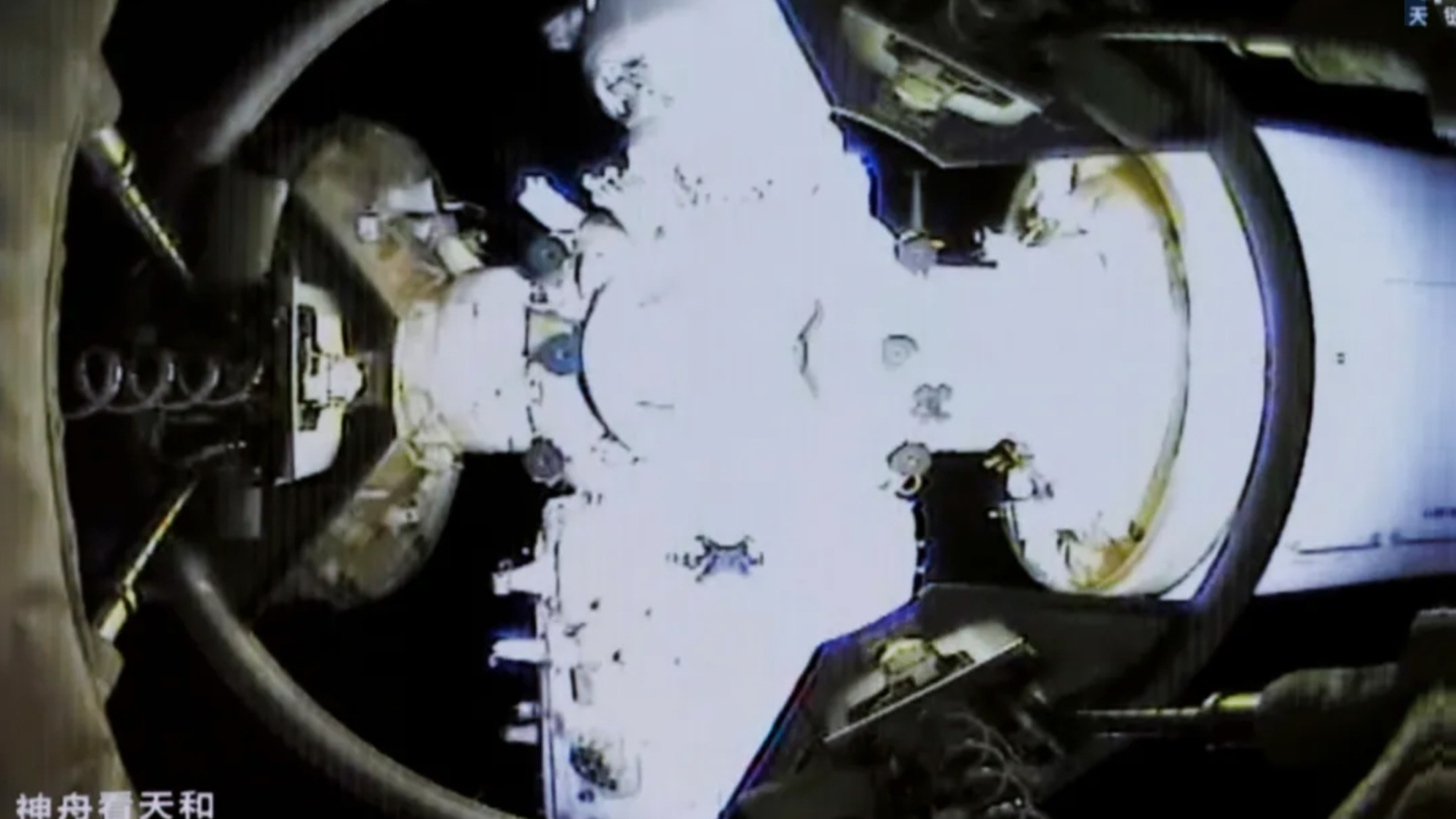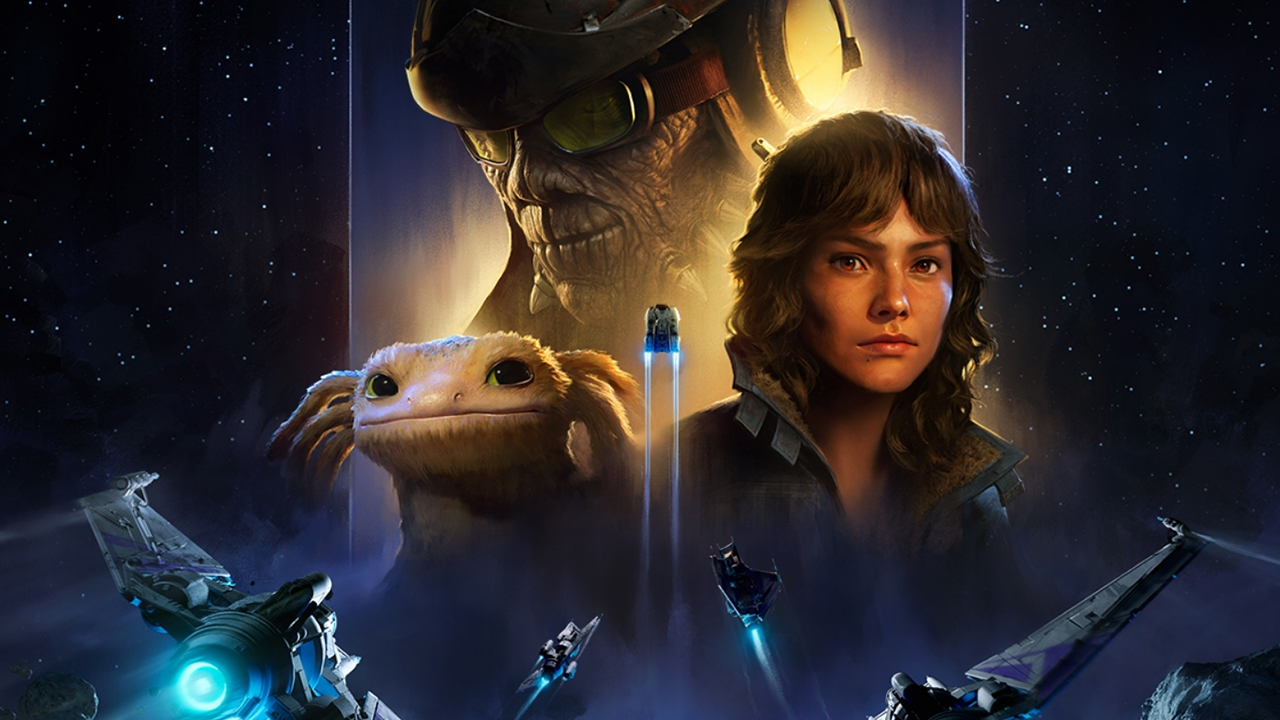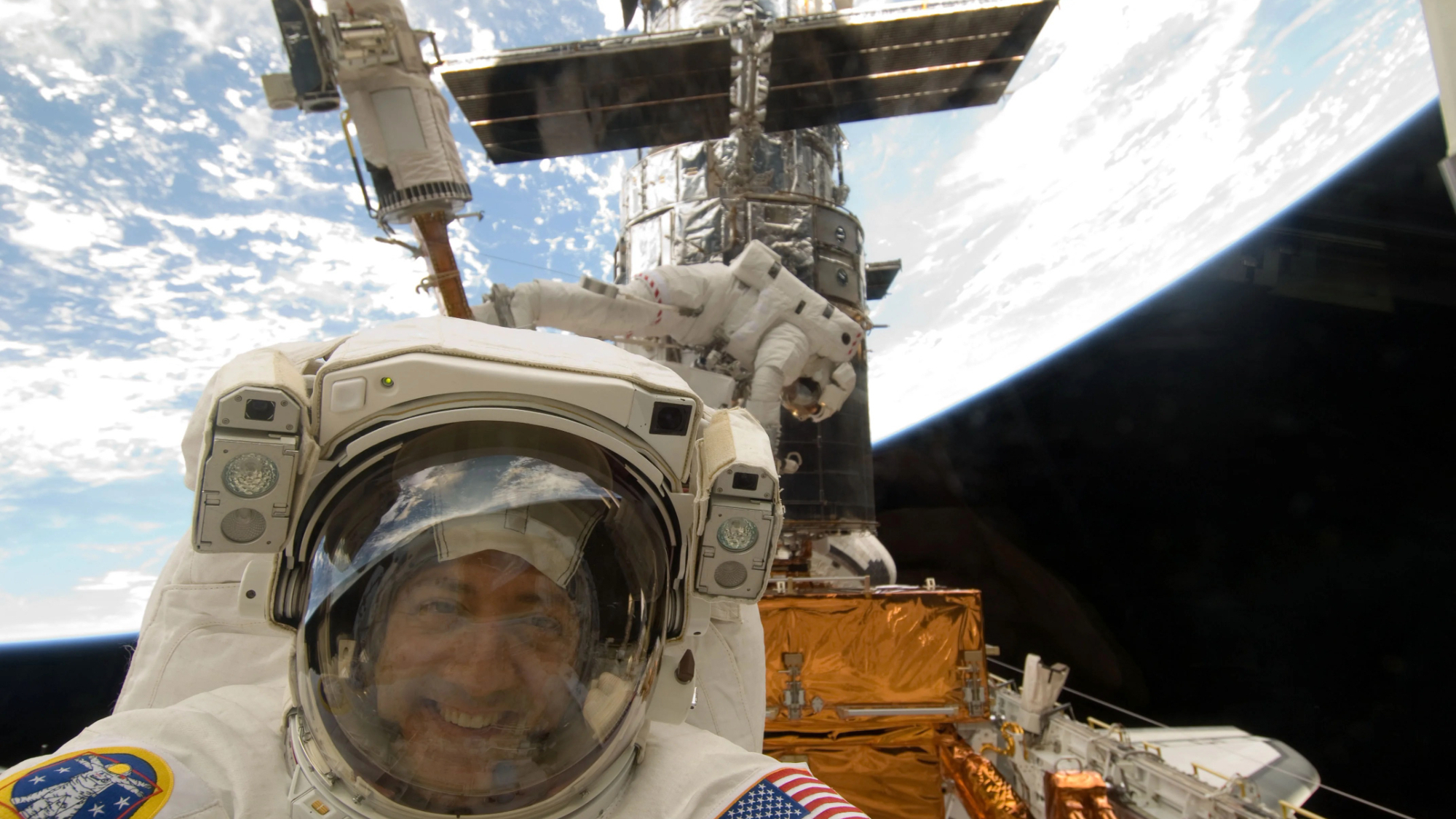PBS Series Takes Astronomy Buffs Back in Time With 'Ancient Skies'
Our ancestors spent millennia looking at the sky before spacecraft could explore it. The new PBS series "Ancient Skies" will explore the science, engineering and experiments that preceded modern times. The three-part series airs Wednesdays, starting July 24, at 8 p.m. EDT.
"'Ancient Skies' will provide a tantalizing look at humankind's understanding of our place in the cosmos, including when imagination alone allowed us to slip to the surly bonds of Earth, until the advent of telescopes and eventually a space rocket opened new windows into the universe and beyond," PBS said in a statement.
The first episode, "Gods and Monsters" (airs July 24), explores ancient creation myths and the birth of astronomy. As experts in the series explain, monuments such as Stonehenge and the Great Pyramid of Giza were likely constructed to help observe the skies. Viewers will learn about the Nebra sky disk (believed to be the first known sky map, from 3,500 years ago), as well as scientific cultures in places ranging from Babylonia to Ancient Greece.
Related: Our Solar System: A Photo Tour of the Planets
The second episode, "Finding the Center" (July 31), explains how astronomers figured out the structure of our solar system and the size of our Earth. An Earth-centered model of the universe persisted for 1,500 years after it was created by Ptolemy, a first-century Greco-Roman scientist. It wasn't until the Renaissance that scientists such as Nicolaus Copernicus and Galileo Galilei showed proof for heliocentrism, or the idea that the planets moved around the sun. The invention of the telescope also showed that other planets have moons.
The third episode, "Our Place in the Universe" (airs Aug. 7) brings viewers closer to the modern age. As PBS explains: "The series breaks through the spheres that defined the skies for millennia, abandons the long-held idea of circular orbits, discovers new neighbors in the solar system and begins to comprehend the enormity of the ever-growing universe."
This series is one of several new ones airing on PBS as part of its "Summer of Space," which tells stories from around the solar system in a multimedia format.
Get the Space.com Newsletter
Breaking space news, the latest updates on rocket launches, skywatching events and more!
- Jupiter's Great Red Spot: Photos of the Solar System's Biggest Storm
- Photos of Venus, the Mysterious Planet Next Door
- Voyager at 40: 40 Photos from NASA's Epic 'Grand Tour' Mission
Follow Elizabeth Howell on Twitter @howellspace. Follow us on Twitter @Spacedotcom and on Facebook.
Join our Space Forums to keep talking space on the latest missions, night sky and more! And if you have a news tip, correction or comment, let us know at: community@space.com.

Elizabeth Howell (she/her), Ph.D., was a staff writer in the spaceflight channel between 2022 and 2024 specializing in Canadian space news. She was contributing writer for Space.com for 10 years from 2012 to 2024. Elizabeth's reporting includes multiple exclusives with the White House, leading world coverage about a lost-and-found space tomato on the International Space Station, witnessing five human spaceflight launches on two continents, flying parabolic, working inside a spacesuit, and participating in a simulated Mars mission. Her latest book, "Why Am I Taller?" (ECW Press, 2022) is co-written with astronaut Dave Williams.









